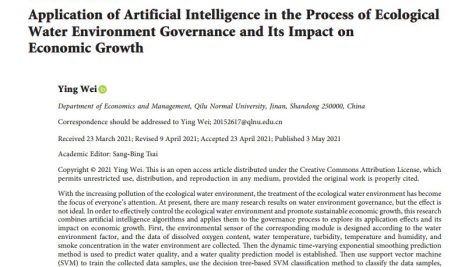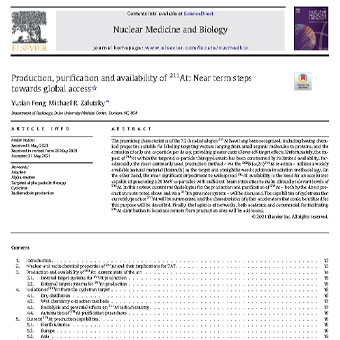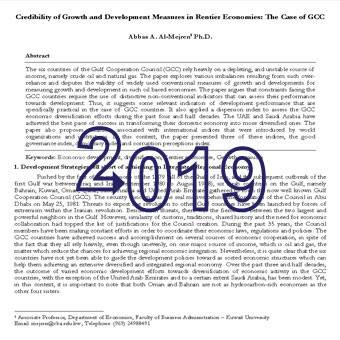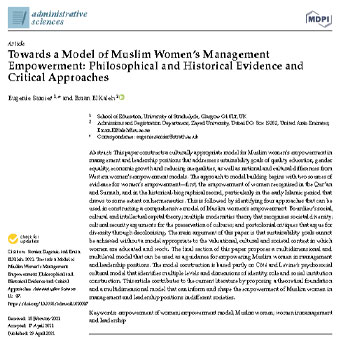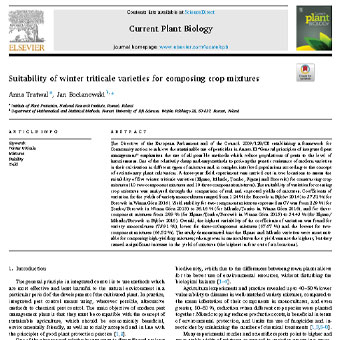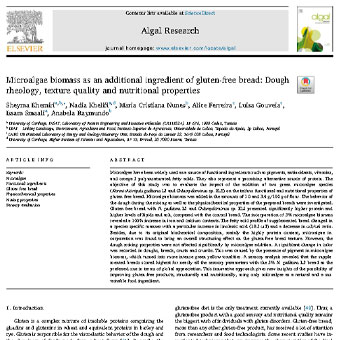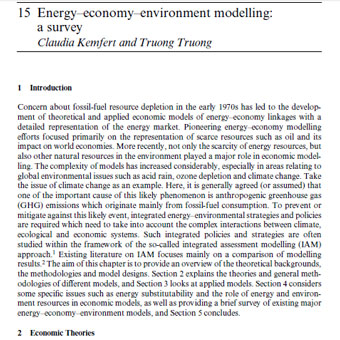عنوان فارسی مقاله:کاربرد هوش مصنوعی در فرآیند مدیریت اکولوژیکی و زیست محیطی آب و تأثیر آن بر رشد اقتصادی
چکیده
با افزایش آلودگی محیط زیست اکولوژیکی آب، تصفیه محیط آب اکولوژیکی در کانون توجه همگان قرار گرفته است. در حال حاضر، نتایج تحقیقات زیادی در مورد حاکمیت محیط زیست آب وجود دارد، اما این اثر ایده آل نیست. به منظور کنترل مؤثر محیط زیست محیطی آب و ترویج رشد اقتصادی پایدار، این تحقیق الگوریتمهای هوش مصنوعی را ترکیب میکند و آنها را در فرآیند حاکمیت به کار میبرد تا تأثیرات کاربردی آن و تأثیر آن بر رشد اقتصادی را بررسی کند. ابتدا سنسور محیطی ماژول مربوطه با توجه به فاکتور محیط آب طراحی شده و دادههای محتوای اکسیژن محلول، دمای آب، کدورت، دما و رطوبت و غلظت دود در محیط آب جمع آوری میشود. روش پیشبینی هموارسازی نمایی دینامیکی متغیر با زمان برای پیشبینی کیفیت آب استفاده میشود و یک مدل پیشبینی کیفیت آب ایجاد میشود. استفاده از ماشین بردار پشتیبان (SVM) برای آموزش نمونههای داده جمع آوری شده، استفاده از روش طبقه بندی SVM مبتنی بر درخت تصمیم برای طبقه بندی نمونههای داده، ایجاد مدل ارزیابی کیفیت آب و استفاده از الگوریتم بهینه سازی ازدحام ذرات برای بهینه سازی مدل ارزیابی. حسگرها و مدلهای ارزیابی پیشبینیشده از اهداف این تحقیق بود. دادهها از ساعت ۷ تا ۱۸ در ۱۱ اکتبر ۲۰۱۹ استفاده شد. نتایج تجربی نشان میدهد که میانگین خطای مطلق پیشبینی محتوای اکسیژن محلول ۹۷/۰ درصد و میانگین خطای مطلق پیشبینی محتوای فسفر ۲۷/۲ درصد است. این نشان میدهد که استفاده از الگوریتمهای هوش مصنوعی در فرآیند حاکمیت زیستمحیطی آب میتواند به طور مؤثر به جمعآوری اطلاعات مؤثر و پیشبینی و ارزیابی دقیقتر کیفیت آب کمک کند، در نتیجه کارایی حاکمیت را بهبود بخشد و رشد اقتصادی پایدار را ارتقا دهد.
- لینک دانلود فایل بلافاصله بعد از پرداخت وجه به نمایش در خواهد آمد.
- همچنین لینک دانلود به ایمیل شما ارسال خواهد شد به همین دلیل ایمیل خود را به دقت وارد نمایید.
- ممکن است ایمیل ارسالی به پوشه اسپم یا Bulk ایمیل شما ارسال شده باشد.
- در صورتی که به هر دلیلی موفق به دانلود فایل مورد نظر نشدید با ما تماس بگیرید.
 متن به فارسی | ترجمه مقالات و متون علمی | ترجمه و دانلود مقالات و انواع متون علمی و ادبی و پذیرش سفارش ترجمه
متن به فارسی | ترجمه مقالات و متون علمی | ترجمه و دانلود مقالات و انواع متون علمی و ادبی و پذیرش سفارش ترجمه
